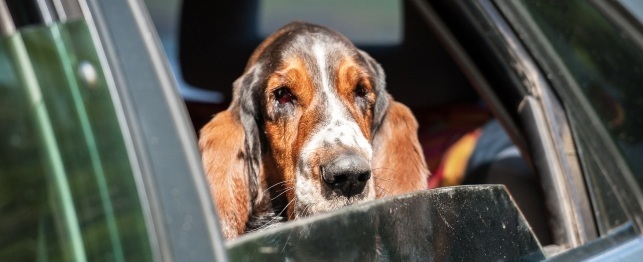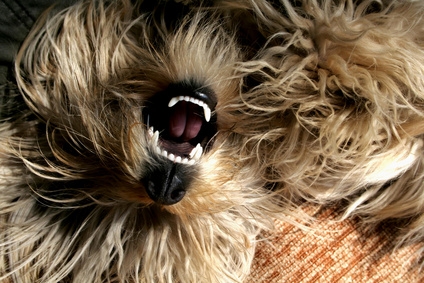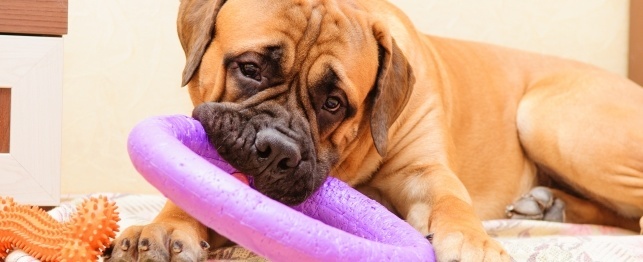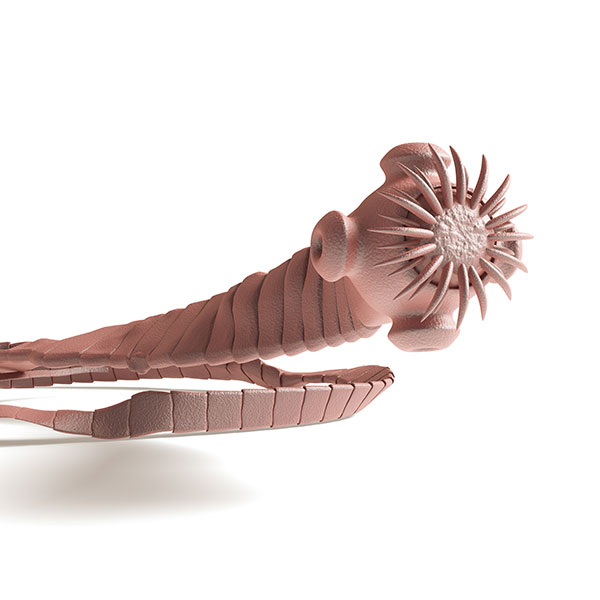

Dogs
1. Poison Proof Your Home. Check your home for possible poisons and toxins that your pet can get into. Common toxins include antifreeze, rat or mouse bait, slug bait, and insecticides, Make sure you keep all drugs and medications out of reach. Even household items can be toxic such as the new "Gorilla Glue". This glue is activated by water and expands to more than 3 to 4 times its volume and can expand to fill the entire area in which it is confined. When it hardens – it is rock hard and a pet is unable to eliminate it. If a pet eats it – it can expand it its stomach causing a life-threatening problem that requires surgery!
2. Plant-Proof Your Home. Plants are an attractive part of home decorating however can be toxic to pets. Be careful what you bring in and monitor if your pet is getting into it. Ingestion of almost every plant can cause signs of vomiting and/or diarrhea in most pets. Plants that are especially toxic are Easter lilies, which can cause fatal kidney failure.
3. Check Collars, Tags, and Microchip. Check your pets neck at least weekly to make sure the collar is not too loose nor too tight and...it is still there. Pets can loose their collar and in many case their "identification" along with it. This is especially important in pets that are growing or loosing weight. When you check the collar – make sure there is a tag that is easy to read. Tags can fall off. Consider having a microchip placed for permanent identification. If you have a cat, be sure to buy a "break-away" collar that can easily break if it gets stuck on something. This will prevent your cat from being strangled by its collar.
4. Keep Dogs Supervised. The safest approach is leash walks only for dogs! This way you can not only monitor what they are getting into but also watch their urine and bowel movements for abnormalities. The next safest things for dogs is a fenced in yard. Monitor the yard and fence frequently for problems such as loose boards, open trash, and other dangers. Keep pets inside in extreme cold or hot temperatures.
5. Keep Cats Indoors. Indoor cats lives a longer, healthier lives than do outdoor cats or cats that go outdoors. Outdoor dangers include dogs, other cats (fights), cars, exposure to fleas, ticks, worms, cats (that can cause fights or carry infectious diseases such as feline leukemia or feline "AIDS" such as , as well as sickness or death from eating spoiled food or poisons. Outdoor cats need to see the veterinarian more often than indoor cats, and that means higher vet bills. Fleas, ticks, worms, abscesses, cuts, diarrhea, a dull coat, and weight loss are all signs of trouble and are most often seen in outdoor cats.
6. Don't Let your Dog Ride in an Open Truck Bed. Dogs that are allowed to ride in open bed pick up trucks are the frequent victims of trauma. Sudden starts, stops, and turns can toss your pet onto the highway where it can get hit by oncoming traffic. It is estimated that at least 100,000 dogs die this way each year. Leashing your pet in the back does not protect it as many dogs have been strangled when tossed over the side. If you pet needs to ride in back, let him ride in a crate safely secured to the cab.
7. Keep Head and Paws Inside. Dogs love to stick their heads out open windows however the wind, insects and debris in the air can hit your pet. Many pets are taken to emergency hospitals after something hits their pets eyes or face. Pets have also been injured during accidents when a sudden start or stop has thrown pets causing fatal injuries.
8. Don't Let Cat's Play with String or Ribbons. Cats love to play with strings and ribbons, however ingestion of those items commonly cause life-threatening problems. These items can be ingested causing a "foreign body". Also think about ribbon on gifts, string, thread, rugs or fabric that is "unraveling, Christmas tree tinsel, ribbon, shoelaces, and dangerous toys.
9. Pet Proof Your Home. Prevent common accidents in your home by pet proofing! Protect your pet from electrical cords. Remove access to children's toys, strings or small objects that can be chewed on or swallowed. Gate or fence water bodies like pools, lakes, ponds or canals. Don't allow pets near automated garage doors. Kittens and small dogs can be crushed under reclining chairs and rockers. Keep paper shredders turned completely off or unplugged when not in use as some pets will stick paws in feeder or have hair caught in them causing very serious injuries.
10. Know What to Do and Who to Call. Find out if your veterinarian does emergency work after hours or where your closest emergency hospital is located. Know the numbers and directions just in case you need it. Call anytime you have a pet concern!
 Dog Teeth Cleaning & Anesthetic
Dog Teeth Cleaning & Anesthetic
Do
Dog Teeth Cleaning & Anesthetic
Dog Teeth Cleaning & Anesthetic
Do
 What to Expect from Your 9-month-old Puppy
What to Expect from Your 9-month-old Puppy
What to Expect from Your 9-month-old Puppy
What to Expect from Your 9-month-old Puppy
 Tapeworms in Dogs: Symptoms, Treatment, & Prevention
What are Tapeworms?
Tapeworms are
Tapeworms in Dogs: Symptoms, Treatment, & Prevention
What are Tapeworms?
Tapeworms are
 Signs of a Dog That Has Lost Her Litter of Puppies
Signs of a Dog That Has Lost Her Litter of Pup
Signs of a Dog That Has Lost Her Litter of Puppies
Signs of a Dog That Has Lost Her Litter of Pup
 The Dangers of Picnics and Parties
The Dangers of Picnics and Parties to Dogs
The Dangers of Picnics and Parties
The Dangers of Picnics and Parties to Dogs
Copyright © 2005-2016 Pet Information All Rights Reserved
Contact us: www162date@outlook.com